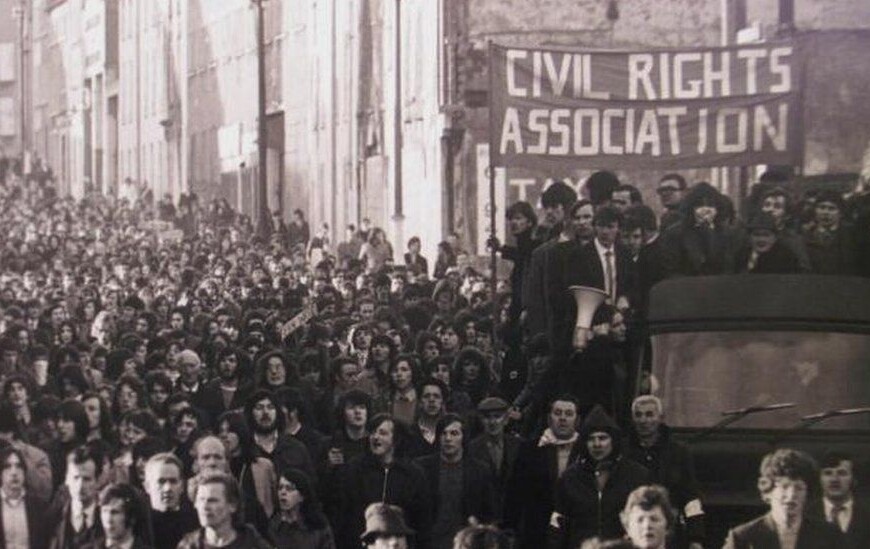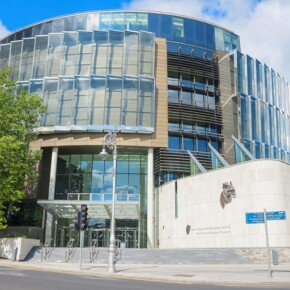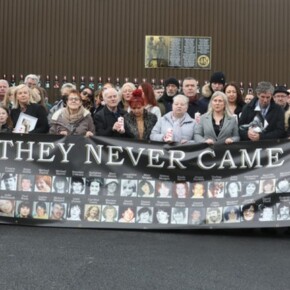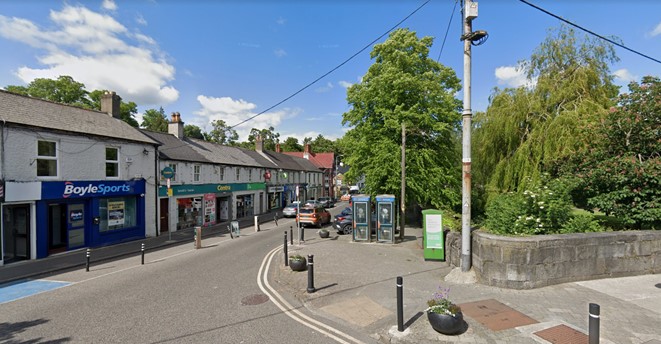Bloody Sunday Soldier F named in the Dáil
Padraig Conlon 09 Feb 2022
Aontú Leader Peadar Tóibín has used parliamentary privilege to identify a former British Army soldier known as Soldier F.
The former soldier faced charges of murdering James Wray and William McKinney and five counts of attempted murder in Derry on Bloody Sunday, where 13 people died and others were injured when the British army opened fire on Civil Rights marchers in the Bogside on January 30, 1972.
However, last year it was announced that a prosecution against Soldier F would not proceed amid concerns about the admissibility of evidence.
Today during Leaders’ Questions, Deputy Tóibín said:
“10 days ago Taoiseach, you laid a wreath at the Bloody Sunday Memorial in Derry.
“You indicated that there must be justice for these families and all the families that have had loved ones murdered in the north.
“If there is a British Amnesty, it means there is no rule of law.
“If there is a British amnesty, the perpetrators will get away with murder. I attended the 50th anniversary of the Ballymurphy Massacre in August and speaker after speaker got up on the tailor and said that the British are trying to get away with murder.
Over recent debates in the Dáil I have named the victims of the Blood Sunday Massacre, The Ballymurphy Massacre, the Springhill Massacre, the murders researched in Operation Greenwich and today those discussed in the latest Ombudsman report.
“Its shocking that we know the names of all those who have been murdered.
“Yet people don’t know the names of the people who killed them. The perpetrators names remain hidden and invisible.
“Most people don’t know the names of the other alphabet of British Soldiers who have murdered civilians throughout the north.
“Taoiseach what will you do to change that”.
In response, Taoiseach Micheál Martin said he did not agree with the British government’s planned amnesty.
“The British government need to adhere to agreements that it had entered into in relation to the Good Friday Agreement,” he said.
“I made this point to the British Prime Minister and government…there has been too much foot dragging in relation to agreements entered into, a comprehensive and agreed framework is needed to deal with the painful legacy of our past.
“You’re correct in saying that people want closure.
“They want details.
“They want to find out what happened their loved ones and who killed their loved ones.”
“We’ve made it very clear that we do not accept any unilateral actions in respect of legacy issues.
“That would represent a breach of the Good Friday Agreement and subsequent agreements.
The Taoiseach also said that the Police Ombudsman for Northern Ireland’s report, which found significant investigative and intelligence failings and ‘collusive behaviours’ by RUC officers linked to a series of loyalist murders in Belfast in the 1990s, was ‘deeply disturbing’.











